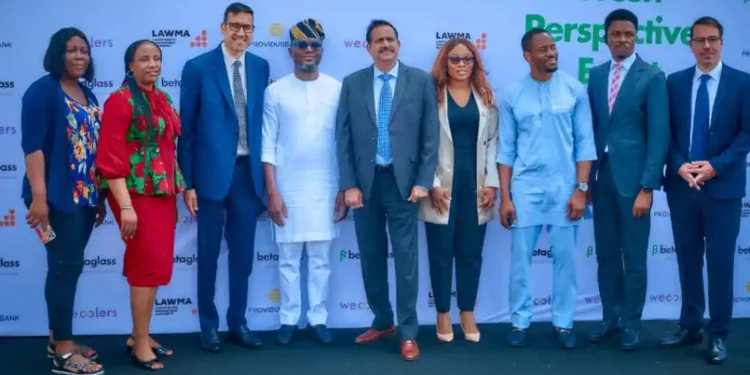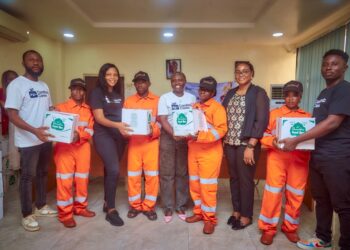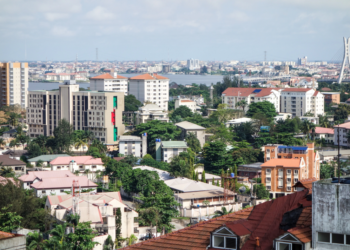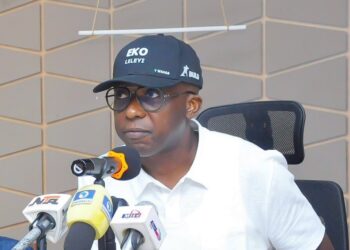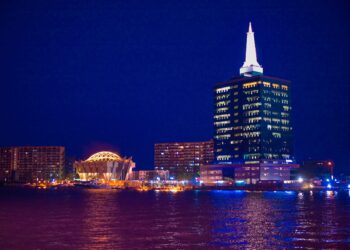The Lagos State Government has announced plans to ban textile waste from all landfills across the state within the next three months.
Dr. Muyiwa Gbadegesin, the Managing Director of the Lagos Waste Management Authority (LAWMA), made the announcement at the Lagos Fashion Week, organised by Style House Files, in collaboration with the Circular Business Platform and the Office of the Lagos State Special Adviser on Climate Change and Circular Economy, on Saturday.
The disclosure was contained in a statement on the official website of the Lagos State Government.
Gbadegesin explained the motivation behind the ban, stating, “Having discovered the significant environmental impact of textile waste dumped at our landfills, which comprises about eight per cent of the waste deposited, along with its contribution to resource depletion, and the potential for creating economic and social benefits through sustainable solutions like recycling and responsible consumption, we have decided to ban textile waste at all our landfills. This will take effect in three months.”
He also highlighted ongoing partnerships focused on managing textile waste, noting that LAWMA is collaborating with Tejuosho Market in Yaba to collect textile waste for transfer to recycling companies.
Additionally, the LAMWA Managing Director disclosed that students at the LAWMA Academy are being trained to upcycle textile waste into practical products, promoting sustainable practices.
More insights
- The statement highlighted that the ban on textile waste at Lagos landfills aligns with the government’s broader sustainability agenda, strengthened by public-private partnerships.
- Gbadegesin referenced key initiatives, including the development of a waste-to-energy plant in Epe and collaboration with Ghanaian company Zoomlion to decommission the Olusosun dumpsite.
- He urged Lagos residents to support the initiative by leveraging the Capture Lagos whistleblowing platform to report non-compliant activities.
- The statement highlighted the government’s commitment to sustainable waste management, fostering a cleaner environment, and unlocking economic opportunities for Lagosians.
What you should know
The Lagos State Government has intensified waste management efforts by banning types of waste deemed harmful to the environment, such as Styrofoam food containers and single-use plastics (SUPs), alongside forging strategic international partnerships.
- The ban initially announced in January 2024, has been followed by ongoing enforcement, with full implementation set for January 2025 after the current moratorium expires at the end of 2024.
- To bolster its waste management strategy, Lagos has partnered with Dutch firms Closing the Loop and Harvest Waste Consortium, as well as Ghana’s Jospong Group.
- Closing the Loop will focus on managing electronic waste locally, reducing exports, and repurposing materials.
- Harvest Waste Consortium, backed by €120 million from the Dutch government, is spearheading a waste-to-energy project at the decommissioned Epe landfill, converting 2,500 to 3,000 tons of waste daily into electricity.
- Jospong Group is transforming collected waste into compost and recycled bins, with full operations expected to commence in Alausa within the next six to seven months.
- Additionally, the state has announced plans to collaborate with Swedish organizations to convert solid and liquid waste into energy.
As part of this broader initiative, Lagos is decommissioning older landfills to make room for new waste management projects that will support a cleaner, more sustainable environment across the metropolis.

